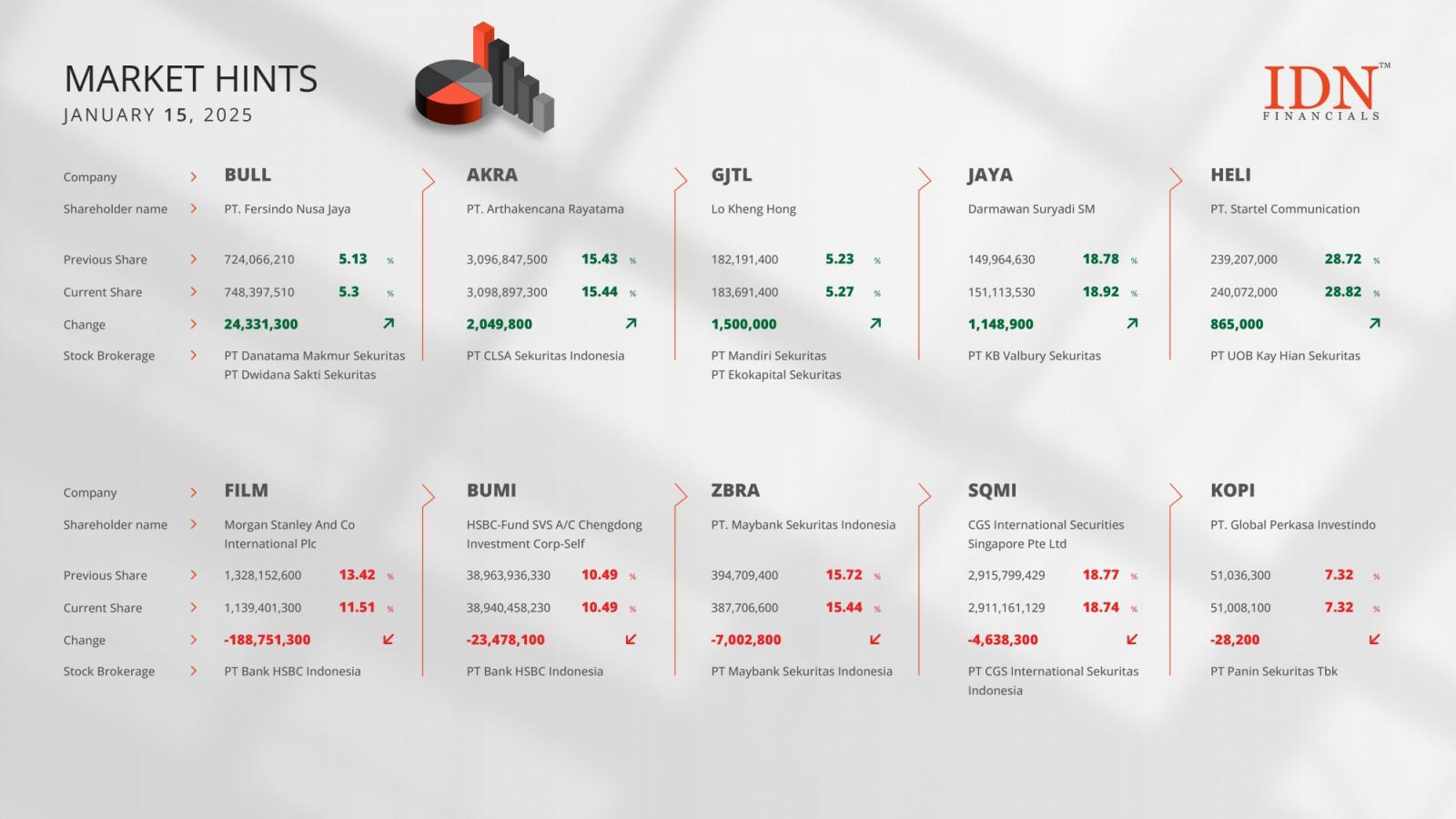A whale’s Bitcoin wallet has become active again after 10 years of dormancy. On May 6, it transferred 687.33 BTC to undisclosed wallet addresses, leading to selloff speculation within the cryptocurrency community.
According to the blockchain tracker and analytics platform Whale Alert, the Bitcoin whale moved $43.893 million worth of BTC to two wallet addresses.
The Awakening of Dormant Bitcoin Wallets Continues
💤 💤 💤 💤 💤 A dormant address containing 687 #BTC (43,893,168 USD) has just been activated after 10.3 years!https://t.co/l31uAyadYZ
— Whale Alert (@whale_alert) May 6, 2024
One transaction involved the transfer of 625.42 BTC, valued at $41 million, while the other involved the transfer of 61.9 BTC, equivalent to approximately $2.89 million at press time.
The Bitcoin whale had been inactive for over 10 years after initially receiving the Bitcoin on January 12, 2014, when the cryptocurrency traded at $917 per coin. The value of the whale’s whole reserve at that time was $630,000. At press time, BTC is worth $63.8K, highlighting an incredible profit of 6,875%.
The reactivated Bitcoin wallet can be traced back to the Satoshi era – the early days after the creation of Bitcoin, when its pseudonymous founder, Nakamoto, was active online in forums. Some Satoshi-era wallets are often speculated to be linked to Satoshi himself.
This is not the first time Bitcoin Whales have made large transfers after many years of dormancy.
Satoshi-era Bitcoin whales reportedly transferred $230 million worth of BTC in November 2023 after six years of inactivity. This was after a Bitcoin wallet containing 1,005 BTC mined in 2010 was reactivated in August 2023 and transferred the long-dormant coins to new addresses in a series of transactions. According to the wallet statement, the 1,005 BTC was valued at just $328 when it was received in 2010.
As previously reported on Crypto News, the fifth-richest Bitcoin Whale moved over $6 billion worth of BTC to three new addresses after 10 years of dormancy.
On April 15, another dormant Bitcoin wallet became active for the first time in almost 14 years. The Bitcoin Whale moved 50 BTC to Coinbase, marking a profit of over $3 million on coins that were once worth less than a penny each.
A miner wallet woke up after being dormant for nearly 14 years and deposited 50 $BTC($3.28M) to #Coinbase 5 mins ago.
The miner earned 50 $BTC from mining on Apr 23, 2010, and has been holding it to this day.
Address:
15sxzZ4QSaoiMo5KYH9ab4xQj34yeJmKgb pic. .com/DRw9U5Xy8N— Lookonchain (@lookonchain) April 15, 2024
Meanwhile, the sudden activation of this most recent dormant Bitcoin whale wallet has raised concerns about a potential selloff. It is speculated that the Bitcoin Whale may have chosen to liquidate a large portion of BTC holdings amidst the recent Bitcoin price fluctuations.
Some crypto traders believe the wallet awakening is likely associated with early miners or buyers just trying to make a profit, while others are cautious about the impact of such a large transaction on the market or wonder if more wallets will awaken.
1.75 million Bitcoin Wallet Remains Dormant
According to a Fortune report, approximately 1.75 million Bitcoin wallets have been inactive for over a decade. These wallets collectively hold 1,798,681 BTC, valued at about $121 billion.
– A Satoshi era #Bitcoin address wakes up after 10 years, according to a Chainalysis report.
– Over 1.75 million $BTC wallets have been inactive for a decade, per Fortune.
– Many of these wallets were acquired when Bitcoin was just double digits in value, now worth millions. pic. .com/sOqgm6eWsr
— @TheLordofEntry (@thelordofentry) May 6, 2024
The reactivation of dormant wallets is interesting in light of Bitcoin’s price history. In its early days, the cryptocurrency was nearly worthless, only surpassing the $1 mark in 2011. As a result, many individuals who received Bitcoin may have forgotten about it or failed to secure the private keys required to access their wallets.
This lack of key security was especially prevalent before 2012, when services like Coinbase, which now manages private keys on behalf of users, were not yet established.
Not all dormant wallets were lost or abandoned, however. A survey data from Chainalysis suggests that old wallets will continue to reactivate steadily but slowly until the number of lost Bitcoins stabilizes, estimated to be around 1.5 million coins.





